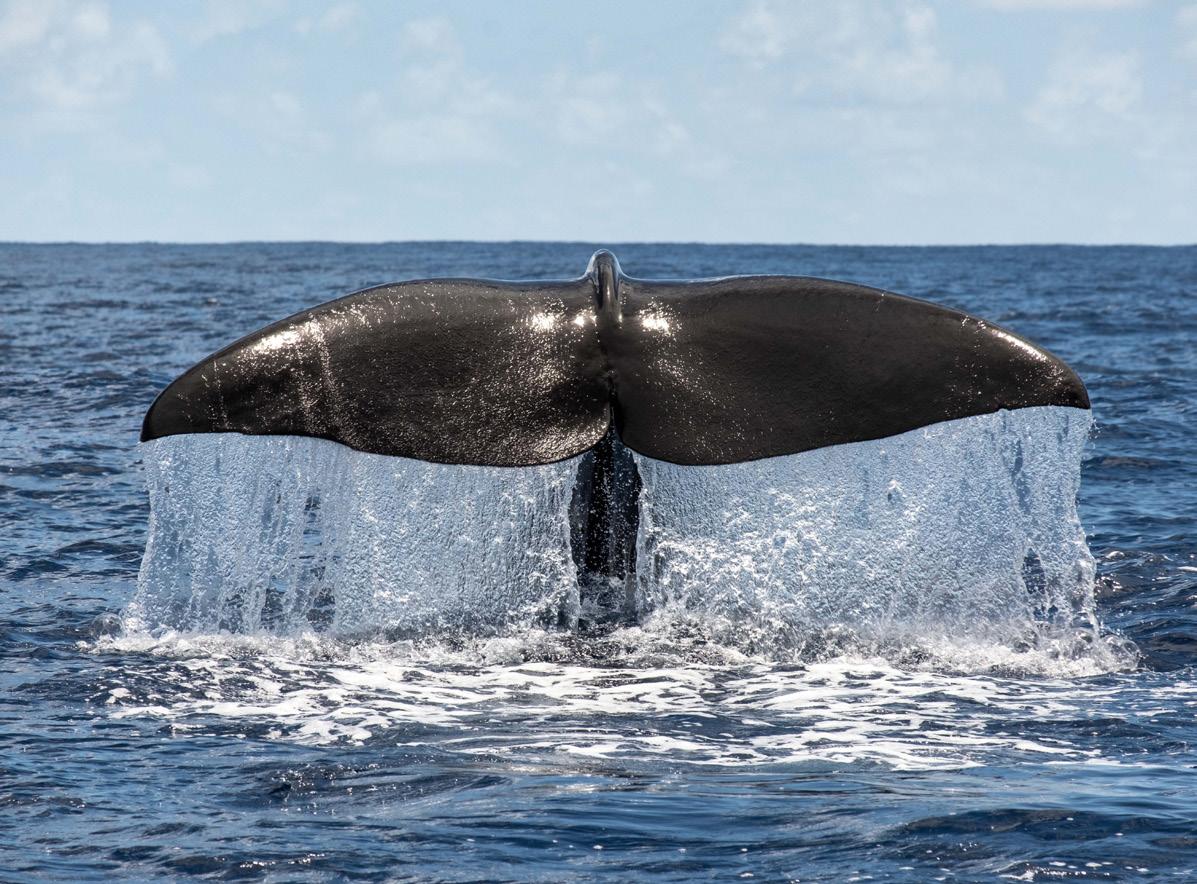
1 minute read
WE LISTEN TO THE SCIENCE
The Greenpeace International Science Unit is located within the University of Exeter in the UK. The Unit provides scientific advice and analytical support to Greenpeace campaigns and organisations worldwide.
In 2022, the Unit investigated chemical pollution sites in Turkey where plastic waste imported from the EU and UK is illegally dumped and burned. The presence of a wide range of toxic chemicals was identified – some of them at the highest levels ever detected in Turkish soil. The research prompted regulatory action in Turkey, and formed part of evidence used by a UK parliamentary committee to call for a ban on all plastic waste exports from the UK.
A high profile investigation into the effects of gas flaring on villages in southern Iraq was recognised by the Global Investigative Journalist Network as one of the best investigative stories from the Arab world in 2022. Led by the BBC in collaboration with Unearthed, the investigation relied on substantial technical support and analysis from the Science Unit.
The Unit also contributed to achieving a global agreement to assess unregulated techniques for marine geoengineering: attempts to fix the climate by manipulating ocean ecosystems. This was the culmination of many years’ work to highlight the risks such false solutions pose to the climate and marine life.
Other work looked at the implications of climate change for six countries in the Middle East North Africa region, finding that the area is warming nearly twice as fast as the global average, and continuing to push for international debate on the risks from the planned discharge of radioactively contaminated water from the Fukushima nuclear power plant in Japan.








